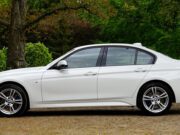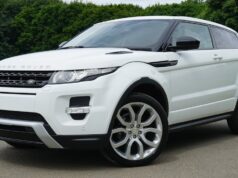If you reside in a major city, it’s likely you’ve come across hybrid cars. While hybrid cars look a lot like normal vehicles, they are, in fact, powered by both electric and gasoline motors, which makes them more fuel-efficient.
Almost all car manufacturers in the U.S. offer at least one hybrid car, as part of their offerings. And, the number of hybrid cars being released is steadily increasing, thanks to their growing popularity. If you’re wondering if you should make the switch and purchase a hybrid car, read our list of pros and cons first.
Pros of Hybrid Cars
There are a number of benefits to owning a hybrid car including the fact that they are more fuel-efficient, greener, and easier to drive. They are an especially good choice if you live in a city because they don’t emit a lot of greenhouse gas, unlike their gas-powered counterparts.
Another great incentive of owning a hybrid car is that it accelerates a lot faster. Also, many states in the U.S. provide a tax write-off for owning a hybrid car.
Cons of Hybrid Cars
One of the primary downsides of hybrid cars is that they cost considerably more to purchase in comparison to their gasoline-only counterparts. In fact, you may need to pay between 10% to 15% more for a hybrid car. Also, while some states still offer incentives to those who purchase hybrid cars, you should keep in mind that many of the tax benefits are being phased out. But, be sure to ask your local tax officials about the different kinds of benefits that might still be available.
You may even have to replace the battery pack of the car, which can cost you more money. The battery pack is quite expensive, and you can expect to pay at least $3,000 for it if it is out of warranty.
While hybrid cars have their own pros and cons, it’s important to do your own research if you are considering buying one.
How Long Do Hybrid Cars Typically Last?
Just like regular gasoline cars, hybrid cars last a relatively long time, provided they are well-maintained.

























